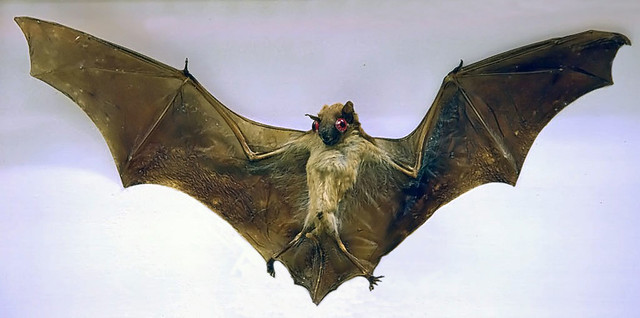By enwikibadscience

The basic reality is, (Wikipedia) is no more or less error-prone than other sources of information,” Jay Walsh, former director of communications for the Wikimedia Foundation, says.
— How technology has redefined knowledge, Angela Hill, The Oakland Tribune, from San Jose Mercury News Education section
Really, Mr. Walsh? While there are some excellent science articles on en.Wikipedia created by editors who understand how to write accurate, well-sourced, up-to-date articles with readable prose, this is not the case for a lot of bad science which appears on en.Wikipedia’s main page.
The basic reality is that the crowd-sourcing format coupled with anti-elitist hostility favors a main page that highlights inaccurate science articles written and promoted by mostly male, Western, technology-savvy editors who do little but edit en.Wikipedia. These editors use jargon without understanding, jumble up word order to create the opposite meaning, simply guess at the science they don’t know, and have no ability to write prose in a logical fashion.
Recently, in celebration of Halloween, and in the race to the WikiCup, an editor expanded an article about a bat species, Natterer’s bat (Myotis nattereri) to get it on the main page on October 30, 2013. In order to show my Halloween spirit, I blogged about the article on the 31st. Then I started clicking through the internal links (wikilinks) in the article and seeing how well-supported the information was by other en.Wikipedia articles.
The article is about a microbat, a member of the clade (or grade, possibly) of bats that are known for using echolocation to catch prey. The article generalizes that all bats use echolocation to catch prey. (“Bats emit sounds at too high a frequency for most humans to detect and they interpret the echoes created in
…continue reading Bats!
